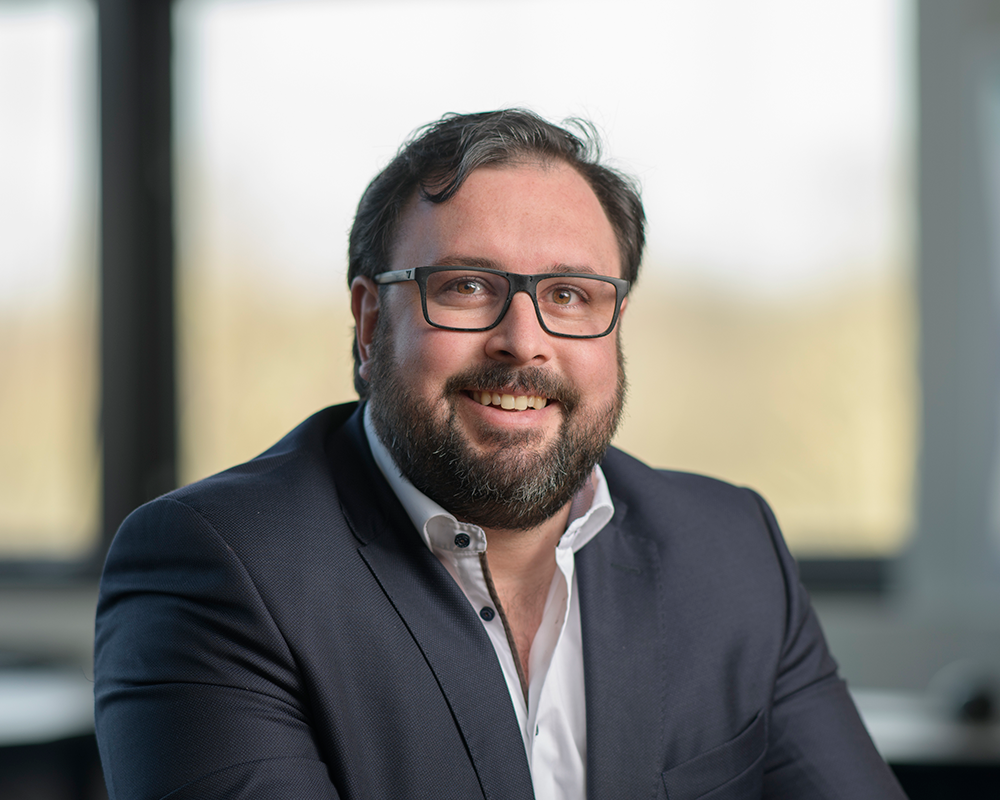
Give a Breath – the challenge we should inflate

The COVID-19 pandemic is affecting almost all the modern world, and many are experiencing a very new, complex, and isolated working environment. Here at #FPC we have been working from home since the March 13th, and even though it has only been a few weeks, we have adapted well to working this way. Strangely, this has led to more team-based activities like group meetings, catch-ups, etc, both in working and social contexts. In one full team catch-ups, Maaike mentioned that she had come across a post on Linked-in. The Fraunhofer group has presented a challenge for teams to design a ventilator system that could be distributed around the world, in the fastest time possible.
“We are seeking for digitally distributable designs (production-ready CAD-files) for non-invasive ventilators or O2 concentrator, to provide governments and states around the world access to blueprints of non-invasive ventilators or O2 concentrator for download. Based on this, decentralized production via global 3D printing capacities is possible.
This equipment should only be used in state of emergency for a decentral treatment of non-intensive-COVID-19-patients to reduce the demand for hospitalization. Furthermore, the selected designs have to be distributed globally “free to use” in order to enable large scale production.”
As a group, we have all the necessary skills, so we decided we should take up this challenge. So, we assembled a team, and started working on it. We had a day of utter chaos before the first meeting, with everyone working on their own concepts, each tailored to their skill set and experiences. It was great to see our team so passionate and really focused on creating a solution as fast as possible to help in what has escalated very quickly into a global issue.
We broke up into six (6) teams, Mechanical, Gas flow, Electrical, Control Systems, Training & Communications. This enabled us to have progression in parallel and each team was able to come up with a concept within a week. Considering everyone also had their own FPC jobs to do, we were able to come up with everything from a framework for training people how to assemble and use the machine, through calculations on the travel distances needed for bag compression to vary the breath volume for different sized patients and breathing rates. All of this made it possible to create 3D printable design with addition of common electrical components.
Over the years, FPC has developed a lot of industrial partnerships, despite being a relatively small team. This has helped us to develop a keen understanding of potential distribution strategies. For examples, we learned that Arduino are running increased manufacturing on certain micro-controller boards to ensure uninterrupted supply for emergency equipment and projects like ours while Ultimaker are engaging with their users to create a database of locations that can print essential products like face masks.
At FPC we have a very diverse team, with members from at least 10 different countries. This helps us to adapt to change and be very flexible in how we work. Our team has grown strength to strength in our communication skills. We are comfortable with the numerous video calls, sometimes 10 or more in a day. This enhances our coordination, flexibility and adaptability and has shown to be critical on a project that has to progress so rapidly.
We were successful in making it through to the second round of the challenge. Here is where the real work starts. The 3D printing of #Right2Breathe needs to be fully optimised. At the moment it takes too long to build and uses up too much material. Improvements here must also ensure the system is reliable and robust enough to withstand 14 days continuous use, whilst keeping a simple assembly process.
I am fully confident that our team can deal with these challenges. Social distancing remains a problem, especially at a stage where we can expect lots of testing and modifications to the design. However, we will deal with this in the pragmatic and professional manner that FPC is becoming known for. It’s really an honor to work with these people. Let’s get this thing done.
